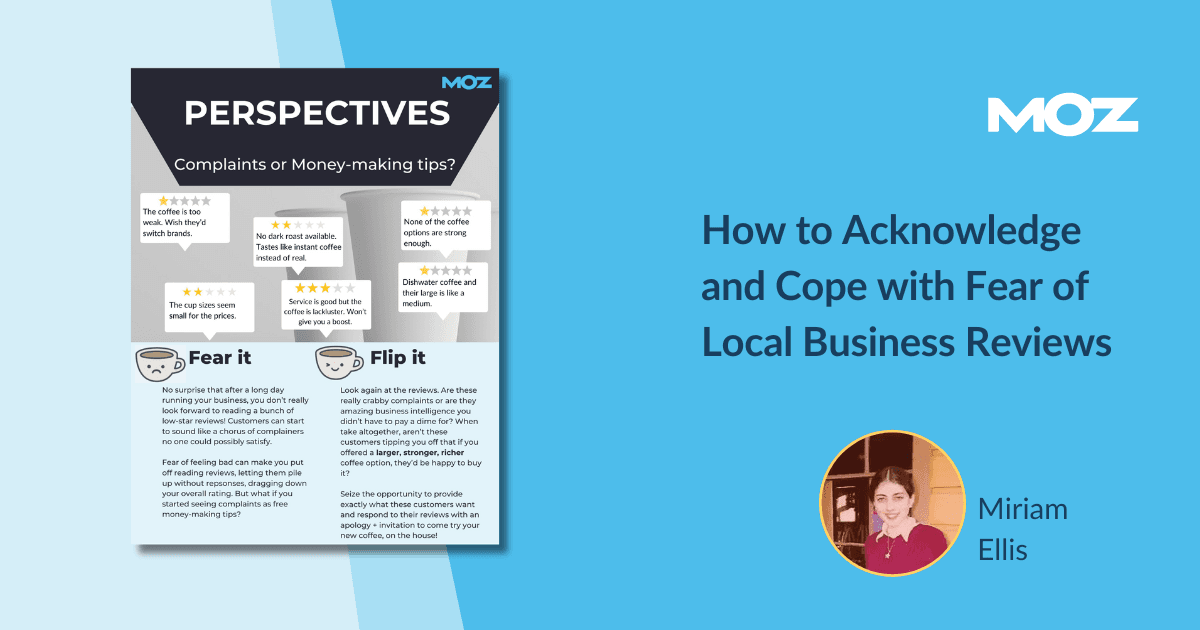
Start by taking in these three home truths:
1. You’re not wrong… some people’s online behavior can be anti-social
If, like the restaurant owner, you don’t want to look at your local business reviews because it just doesn’t make you feel good, know that you’re not alone in being sometimes appalled by people’s behavior on the internet. You can post a photo of cute kittens curled up in a bed of roses, and some stranger is sure to come along and post, “I hate all kittens and all roses, and I hate you for posting this photo!”
To varying degrees, we all encounter extreme behavior on the web every day. Some of it stems from people in personal crisis, some of it is the result of individuals being paid by entities to harass anyone with views that oppose a particular agenda, and some of it isn’t even human but is automated spam.
As a small business owner, try thinking of your own version of this statement:
“I acknowledge that it is unpleasant encountering rude language. A stranger’s account containing outrageous/impolite/unkind/unfeeling/anti-social words is not my ideal customer. Their language is a reflection of them, not me. I am building as many good relationships as I can with the neighbors I want to serve.”
2. You’re not wrong… review platforms limit the control business owners have
It is an ethical dilemma that the business model of review platforms is to earn money from representing and promoting opinions of brands without being authorized to do so by the businesses whose names they trade on. But this phenomenon is not new: the Michelin Guide is over a century old now, and Duncan Hines published his first book of reviews in 1935. Money is to be made in telling the public what people think of businesses, and professional reviewers seldom let brands know they are secretly being reviewed. At least in the online world, it’s all out in the open. But where things become concerning is that local business owners have insufficient recourse when review content isn’t factual.
The major review platforms want to earn profits, not mediate disputes between business owners and customers. Platforms send you traffic, phone calls, web visits, and real-world visits from neighbors who might not otherwise have found your enterprise, but there is rarely any type of live support for when things go wrong. It isn’t that you have no control over your reputation being hurt by online review platforms, but it is true that your control is limited.
Try coming up with your own words like these if they fit the bill:
“I acknowledge that lack of control makes me feel afraid. That’s a really common experience for most people, and all my local competitors are in the same boat on this one, with limited responsiveness from the review platforms representing us. Given this reality, I’d like to be more open to learning what I can control. I bet the more I learn, the more control over my reputation I’ll enjoy.”
3. You’re not wrong… your livelihood is at stake in how you manage your business
The reputation of your business isn’t a game. It’s the roof over your head, food on your family’s table, and, in the US, medical care for your staff. No one should diminish the fear you may have that a damaged online reputation could have a major negative impact on your business’s profits and longevity and on you personally. You are right if you worry about this, but thankfully, if you are like most small business owners, you already have the skills to make good on this scenario.
You resolve in-person complaints daily at your place of business or when out in the field serving customers. The good news is that the best way to resolve online complaints is to turn them into offline resolutions, inviting the unhappy customer to come back to you for things to be made right. This re-sets the stage back on your home turf, where you will often be given a second chance to prove how excellent your customer service is in the real world rather than through the cold glass wall of the internet.
Try finding your own wording for a statement like this:
“I acknowledge that I work hard to resolve in-person complaints every day. I’ve developed skills in this area, and if a customer complains online, there’s a good chance I can bring them back to a state of satisfaction by offering an offline solution. My online reply is just a notice that I want to make things right for them in the real world. I want to be more open about learning to control this online-to-offline customer service transition well.”
If you liked How to Acknowledge and Cope with Fear of Local Business Reviews by Then you'll love Miami SEO Expert

